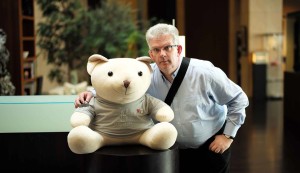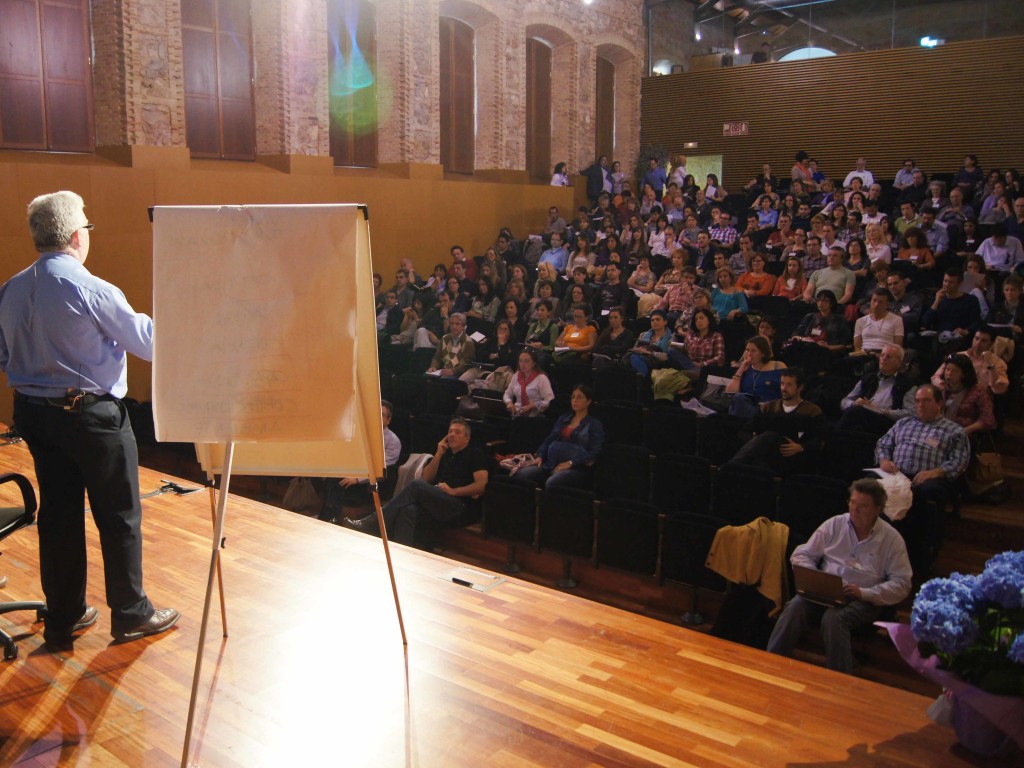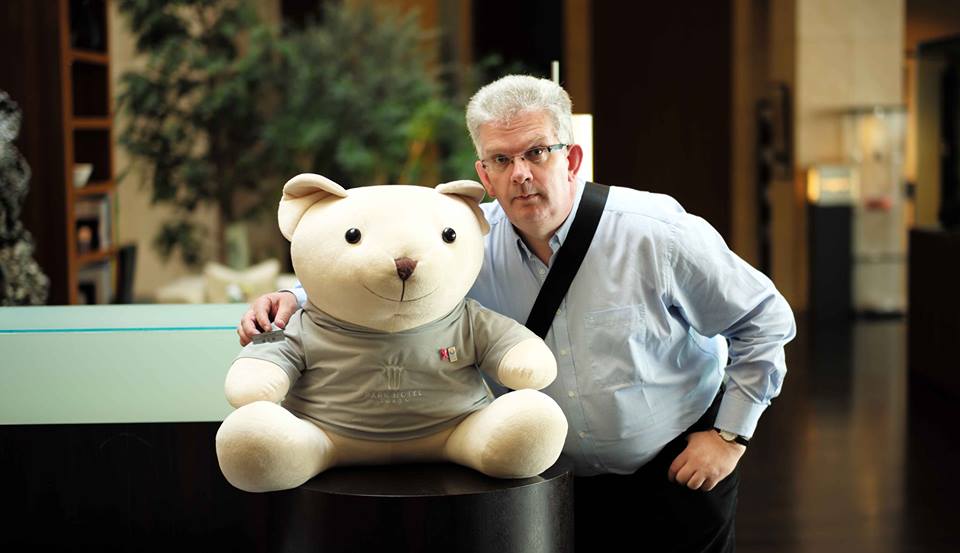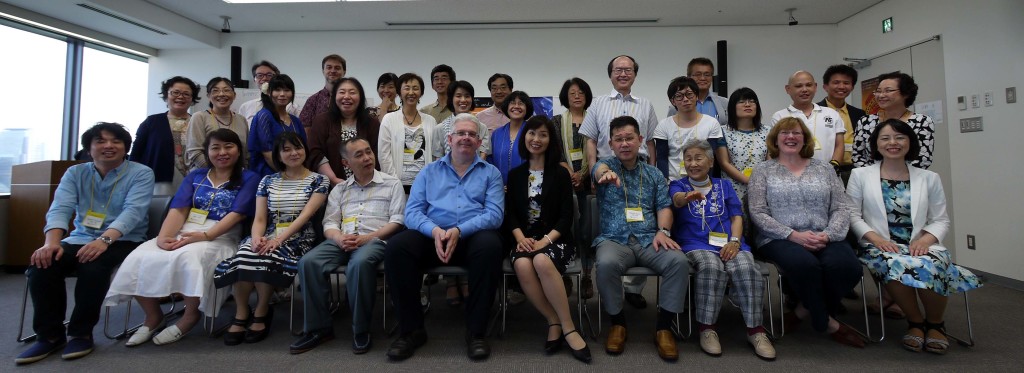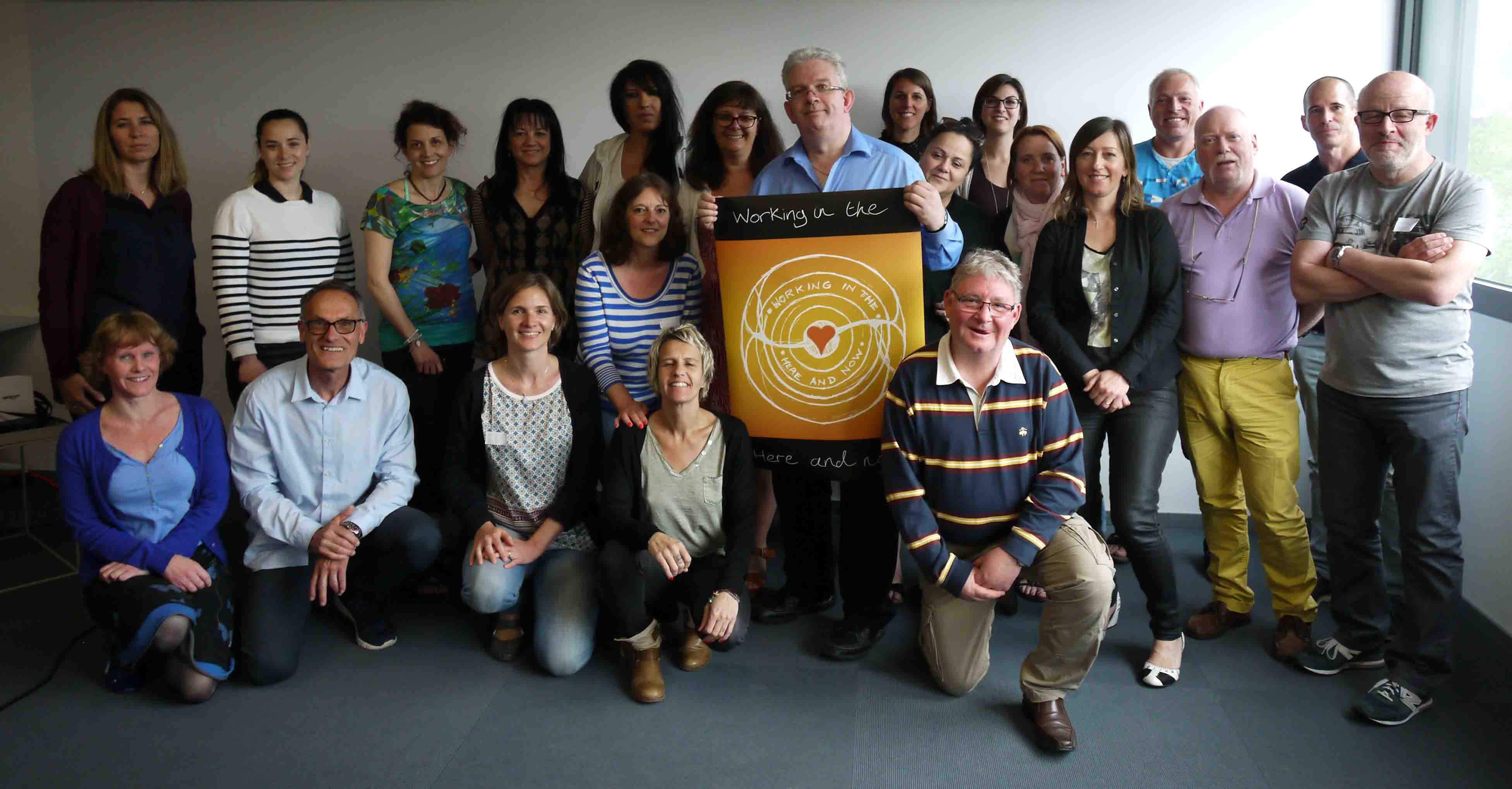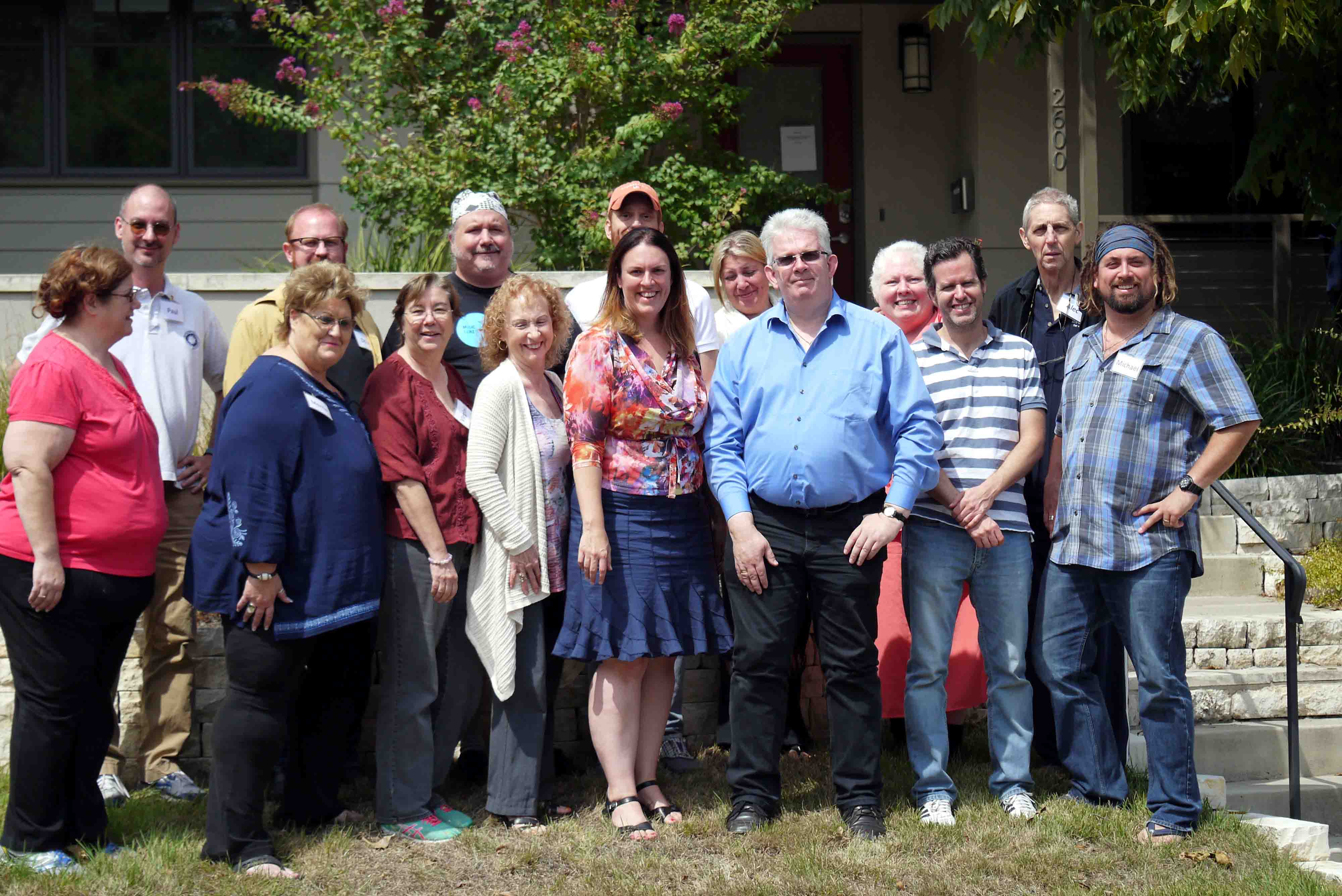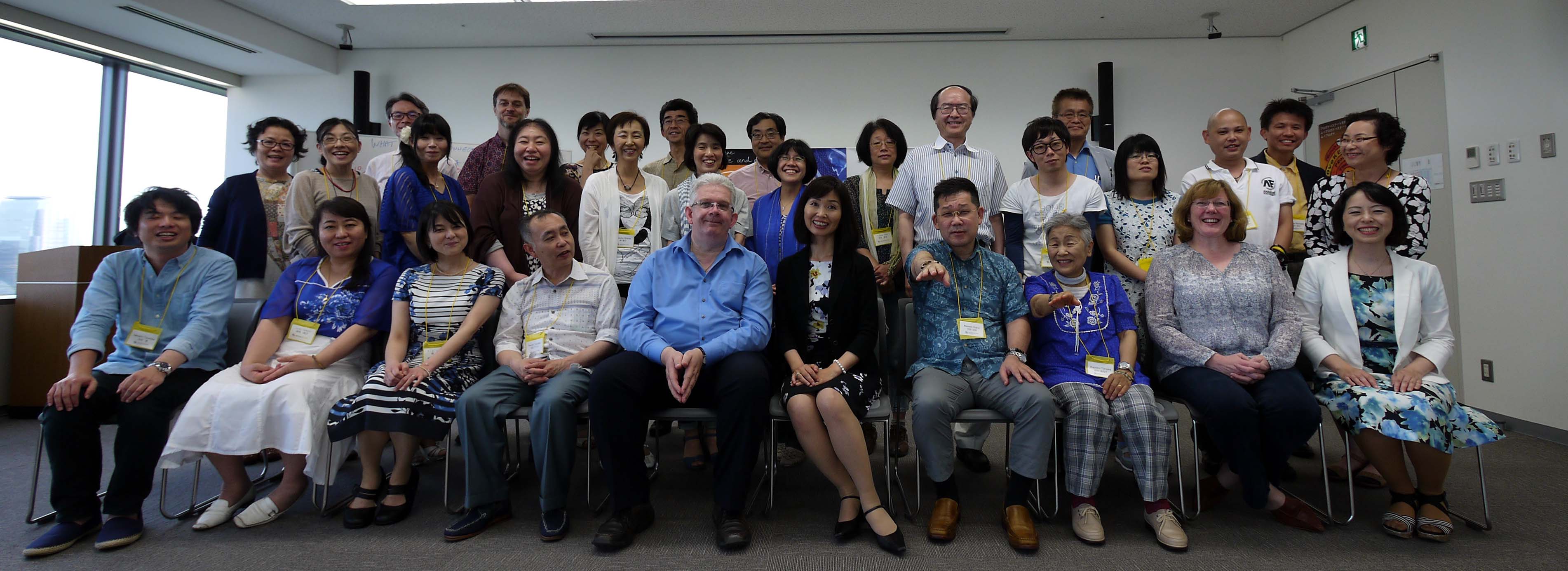In recent months I have increasingly been reflecting on the importance of big picture thinking. By “big picture thinking” I mean taking the long view with decision making.
“Working on the business” and “working in the business”
A number of years back there was a really good book out called “The E Myth” by Michael E Gerber. He talked extensively about “working in the business” and “working on the business”. This is a balancing act for most performers and creative artists. The performance is working in the business, getting promotion and attention for gigs and exposure is working on the business. Many people miss the second aspect of this, sometimes with disastrous results. The challenge for business owners and performers is balancing time and money and this is central to working on the business.
The World of Music
A well respected festival recently announced that it was looking for sponsorship, to keep it going after announcing that this was going to be the last year. By all accounts the event was popular and had even sold out in previous years. It also had attracted artists from overseas. In a local newspaper article the promoter commented
“We’ve never been in this to make money – it’s not a business, it’s a club”
I understand the sentiment and applaud anyone who is engaged in any creative endeavors, but in order for such events to survive, the business aspect of managing time and money is essential. This does not mean taking on the persona of Gordon Gekko in Wall Street quoting “Greed is good” but rather thinking about all the details needed to make such events commercially viable. I wish the organizers the best of luck but in recent years this is not the only festival to struggle financially. I appreciate this comment probably won’t win me any friends but attention to business details and big picture considerations mean that such creative opportunities stand the test of time.
In the music world there are patterns of black and white thinking where sometimes good opportunities can be missed. Seasoned performers have learned the business aspect of being a musician and/or have somebody to take care of that for themselves. A common challenge is being able to properly balance time and money. This means creating a predictable income stream.
My own experience of being in a band is that managing time is a major issue. Its easy to be busy, but unproductive and many performers live literally hand to mouth. There’s nothing wrong with this, especially if you are following your dream, but its helpful to ensure some common sense is also factored into the proceedings. One of the main issues performers report is playing live and especially being paid for live gigs. I admire anyone trying to earn a living purely from music. Many attempt this, but from what I see few really succeed. When I had Tim Booth stay last year at my house during his international tour, he gave me a terrific breakdown of what an artist selling out 1300 – 20,000 stadiums could expect in terms of income and what it means to be “a signed artist” Most aspiring musicians are of course way off achieving such heights.
Social media influence?
I blogged about the use of social media recently, which can be a blessing or a curse. On of
the side effects of social media is that it easily distorts public perception. A person can have hundreds or thousands of FB friends, but probably few of these will be known in real life. Similarly likes for posts can easily be manipulated for effect. None of this is of course new, but worth bearing in mind. This distortions can make for a lack of critical thinking and sometimes there are hilarious claims made about event attendance on such platforms that remind me of the Trump ceremony in the USA.
As Groucho Marx was wonderfully quoted as saying
“Who are you going to believe, me or your own eyes?”
In the music world I suspect the idea of instant success with talent shows has not helped. In niche music communities there can be a distorted perception that a market is way bigger than it actually is. Let me be clear I love many niche music markets like blues, original uke based music and other examples, but often these are much smaller markets than many may imagine. Of course in some niche concerns the social aspect is more important than the actual music and its more about a sense of community where folks will often talk about “finding my tribe”
A community is generally defined in the following manner
“1 .a group of people living in the same place or having a particular characteristic in common.”Montreal’s Italian community”synonyms: group, section, body, company, set, circle, clique, coterie, ring, band, faction;
2.the condition of sharing or having certain attitudes and interests in common.”
Although in music circles, folk, jazz, blues, uke, people talk about “the community” its in my view more accurate to refer to a number of groups which have as many interests in common as those not especially in common such as completing business interests! I suggested to an online group that this would be a good subject and was met with a comment (I’ll paraphrase) “That will put the cat among the pigeons!”
My point however is not just to provoke discussion for discussion’s sake but rather for people to get past the generalizations and ask the tougher questions. I respectfully suggest that such orientations are not only healthy but also genuinely help people think outside the box, regardless of whether you are either feline a feathered vertebrate…
